
Overall, the available experimental evidence reviewed in this article suggests that moderate intake of alcohol does not lead to weight gain. The systematic review by Bendsen et al. 3• suggests that this trend is less likely in experimental studies examining beer consumption exclusively. A modest increase in weight of one kilogram over a 10 week period seems insignificant but over five years this could result in up to 26 kg of weight gain if no compensation takes place. To our knowledge, there does not appear to be any experimental evidence specifically testing the effects of heavy/binge drinking, or of drinking spirits or a combination of alcohol sources on weight gain/obesity.
- Still, there are a few things you may want to know about alcohol intake and body composition if you think drinking may affect your weight.
- A doctor may prescribe medications to protect the stomach lining from damage due to high levels of stomach acid.
- Observational studies on the effect of alcohol intake on obesity date back almost 30 years 6.
How can you get rid of alcohol bloating?
Results of these studies have been varied and do not provide a clear picture. Several studies have found no association or a negative association between alcohol intake and changes in weight, BMI or other measures of adiposity 12, 30, 32–39. Other studies have found such an association only in women, while finding a positive association between obesity risk and alcohol intake in men 40. This study, however, did not specify the amount of alcohol intake, and did not control for participant’s physical activity (PA) levels 40. Conversely, one study found no association between alcohol intake and increases in WC in men, but a small positive association in women 41. There have also been recent studies that have found a general positive association between alcohol intake and weight gain 42.
Alcohol Intake and Obesity: Potential Mechanisms
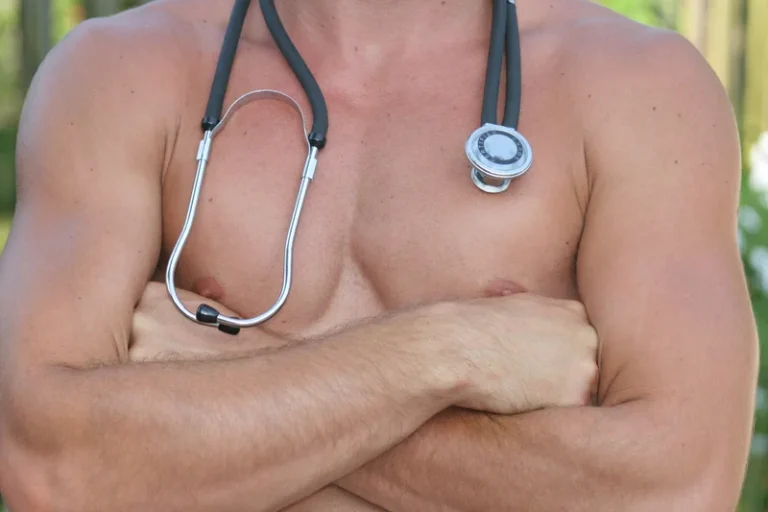
Let’s take a look at six potential reasons why drinking alcohol may cause weight gain or prevent weight loss. So what should you do about alcohol consumption while on a diet? A common-sense approach is to drink very moderately, if consuming a very small amount of alcohol will make staying on the diet easier.
- Your liver detoxifies and removes alcohol from your blood through a process known as oxidation.
- Alcohol can irritate the stomach and intestines, causing gastritis, which can cause abdominal bloating.
- The results of several studies propose that alcohol may influence energy intake by inhibiting the effects of leptin, or glucagon-like peptide-1 (GLP-1) 56, 57.
- Alcohol has a lot of calories but offers no nutrients and may affect hormones that control appetite, hunger, and stress.
Dry Vermouth (105 Calories per 3 oz Serving)
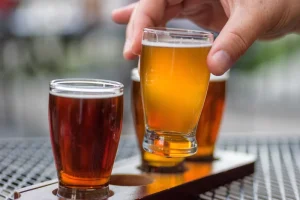
If cortisol triggers our fight or flight response, it is logical to cue the body to stock up on the energy we get by eating. But not until your body is done with the alcohol and if you’re a heavy drinker, well, your body has only so much metabolic bandwidth. A lot of people struggle to quit drinking once they start, so even if you have great intentions of sticking to practical drinks and cutting yourself off after two drinks, in reality, it might not be so easy. Avoid high-calorie mixers; opt for seltzer or lime to add flavor without the extra sugars. Below is a list from least calories to most, based on serving size.
Health Conditions
Diet culture has long vilified alcohol as a major contributor to weight gain. This is one of the reasons sales of spiked seltzers, with their relatively low calorie counts, have increased so dramatically in recent years. But while alcohol is not exactly a health elixir, when it comes to its impact on weight, it’s not a guilty pleasure we should feel all that guilty about. “Alcohol is a depressant to our bodies,” she wrote in an article for Hackensack Meridian Health. Specifically, here’s how rum stacks up in comparison to other alcoholic beverages, according to the National Institutes of Health. One serving of rum (1.5 fl. oz.) has 97 calories, as do gin, vodka, whiskey, and tequila.
Alcohol can also affect hunger levels, which may lead you to snack more, which then causes you to consume more calories, which ultimately may cause weight gain. So, if you’re eating pizza or even a light salad with your cocktail, the calories from that food get stored as fat instead of burned for energy. According to Dr. Hellan Kwon, a clinical assistant professor of hepatology at the University of Michigan, it’s responsible for performing a whopping 500 tasks that help to regulate your bodily function.
“You may be more inclined to overeat,” she revealed to The List. You’ve heard having a glass of wine with dinner is good for your heart, right? Another study published March 2022 in JAMA Network Open involving more than 370,000 individuals found that alcohol consumption (even modest amounts) can actually increase the risk of hypertension and cardiovascular disease. Ultimately, it seems the answer to the question of whether drinking even in moderation is healthy varies depending on whom you ask. National Longitudinal Study of Adolescent to Adult Health from people when they were in their late teens and early twenties and again when they were in their mid- to late-twenties and early thirties. If someone was already obese, they had a 35 percent higher risk of staying that way and gaining more weight.
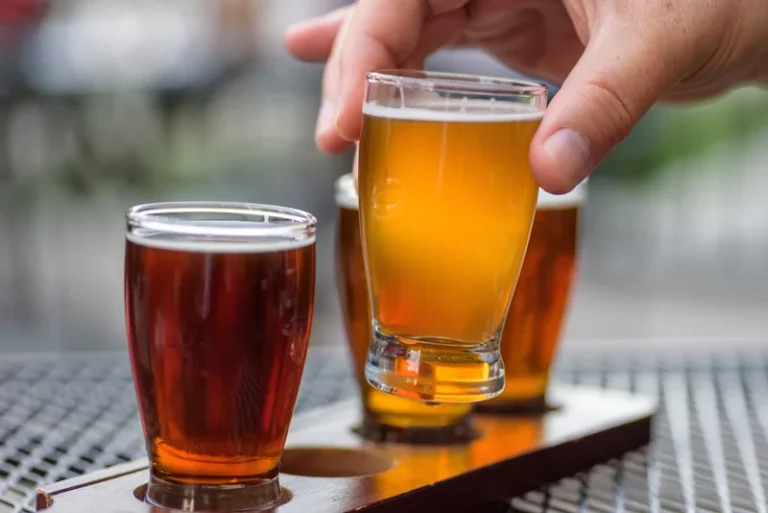
After your body has depleted all its energy metabolizing the alcohol, it wants to be replenished. As I mentioned above, lower testosterone levels means a reduced ability to burn fat. Force yourself to choose nutrient-dense food, lots of water, and get moving – even if it’s just a walk for fresh air. If you want to fight that post-drinking bloat and digestive distress, one of the best things to do is get back on track as soon as possible.
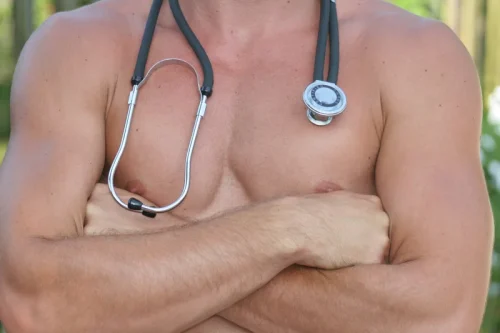
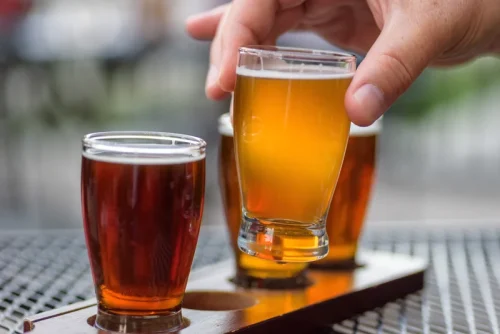
A sunny beach day may make you crave strawberry daiquiris and piña coladas — but watch out if slimming down your waistline is a goal. According to the Cleveland Clinic, both daiquiris and piña coladas have about 280 calories per 5 oz serving. Here are the best and worst types of alcohol to drink if you’re watching your weight. So, how can you fight back if you’re concerned about your weight but don’t want to abstain completely? “Choose dessert or does rum make you gain weight alcohol for the night, not both,” Kostro Miller says. Reducing alcohol consumption can also help manage weight, along with a balanced diet and regular exercise.
Finally, more recently, Cresci et al. 55 found that self-reported alcohol intake was not a significant predictor of success or failure in losing 5% of body weight during a 6-month weight loss intervention. While cross-sectional and longitudinal studies have controlled for a number of important lifestyle factors, there are many to consider when examining body weight regulation. It is highly likely that the paradoxical results seen in studies examining the effect of alcohol on weight gain and obesity are also the product of a multitude of factors beyond the individual’s ingestion habits. Future research must consider the other important factors that may influence the link between alcohol and obesity, some of which are discussed below. Not taking into account some of these potential confounding factors can certainly lead to biased estimates of the relationship between alcohol intake and body weight given that large inter-individual variations exist.





